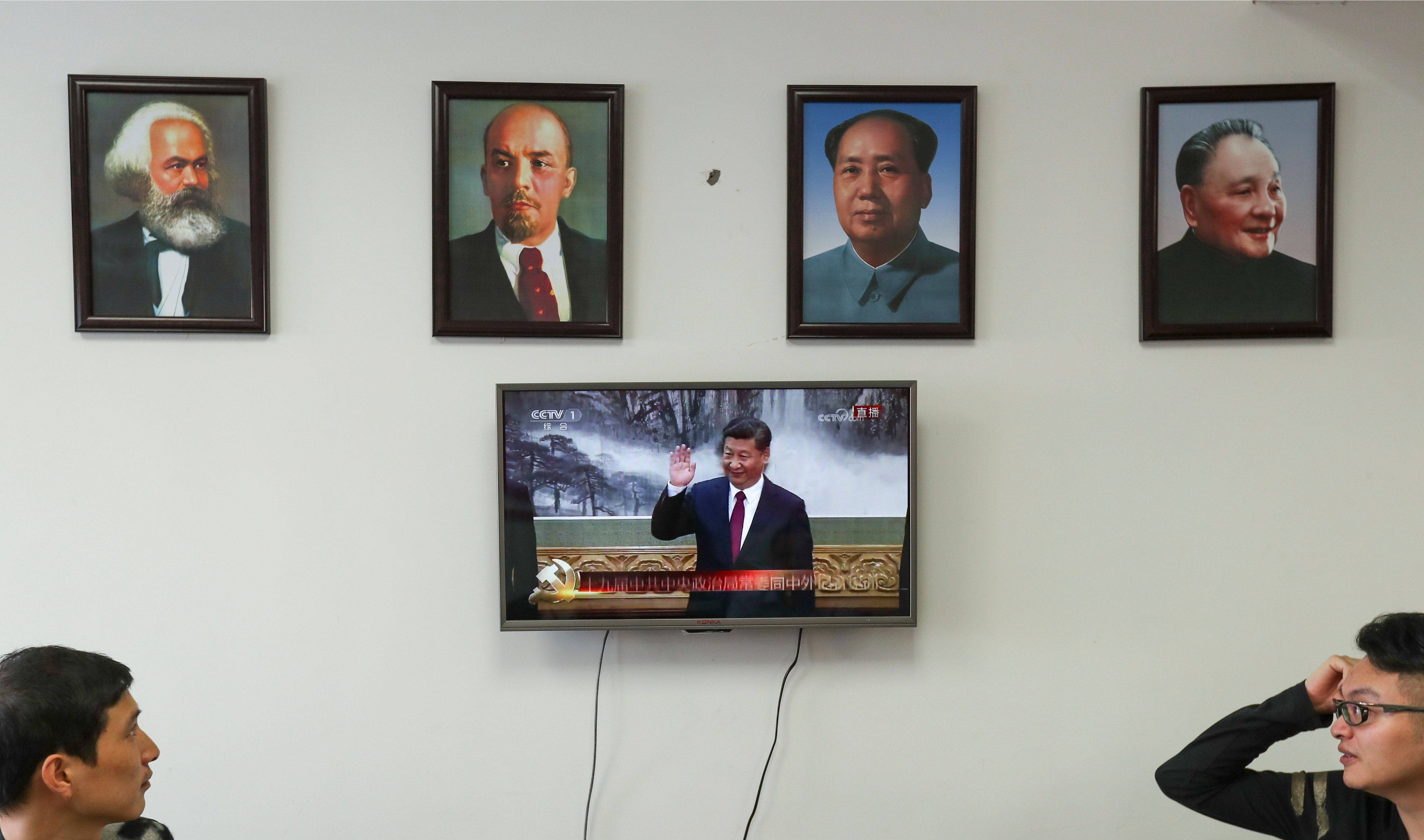June 03, 2019
Thirty years ago today, the Chinese government ordered soldiers to open fire on students and blue-collar workers who had taken over Tiananmen square in central Beijing to demand more political freedom and less corruption. Nobody knows how many people were killed, but estimates run into the thousands.
It wasn't a foregone conclusion that things would end in bloodshed. In the years leading up to Tiananmen, as China's planned economy flagged, the country's leadership was divided between a faction that viewed political liberalization as a prerequisite for needed economic reforms, and a group of stodgier party elders who saw any political concessions as suicidal for the regime.
Across the border in the Soviet Union, of course, Mikhail Gorbachev was struggling with the same questions. But while Gorbachev chose to liberalize the political system to try to force the Soviet bureaucracy to enact economic reform, China's Deng Xiaoping chose differently.
By ordering the massacre of Tiananmen protesters and their sympathizers in hundreds of other cities, Deng solidified a gamble that has shaped China ever since: that a repressive one-party state could co-exist with an increasingly open economy that integrated with the world.
Deng's gamble paid off. While we can't know whether a different outcome in Tiananmen would have yielded a different economic result, we do know that China's achievements since then are astounding. In 1990, China accounted for less than 4 percent of the global economy – today that figure is closer to 20 percent. Around the time of Tiananmen Square, two-thirds of China's population lived in poverty, according to the World Bank. Now it's less than 1 percent. An economy that was just a bit larger than Italy's then is the world's second largest today.
China didn't do this alone, of course. Beijing both rode, and shaped, the wave of globalization that swept the world in the 1990s. At first, China became the world's factory as hundreds of millions of people moved from the countryside into the cities providing low-cost labor for factories. Those people then became the world's largest consumer class, fueling global growth.
But the party's success in maintaining political power and economic growth has generated a backlash that shapes the world we live in today.
On one level, you see it in the rise of populist-nationalist politics in Europe and the United States, where studies have shown that regions that lost jobs to Chinese competition during the 2000s tend to vote for Donald Trump, Brexit, or other anti-establishment parties today. Here's a recent one. But more broadly, the soaring success of China's model has also produced a backlash from the US and European governments, which increasingly view Beijing as a rival that champions a competing (government-dominated) political and economic system. That's a growing contest for global power that will shape the coming decades.
"June Fourth," the China scholar Andrew Nathan has written, "was a clash between alternative futures." The decisions that China's leaders made about what to do with all those protesting students set China on a path toward the central international role it plays today.
In short, we're now living in the future that Deng Xiaoping chose for all of us 30 years ago.From Your Site Articles
- Graphic Truth: China Since Tiananmen - GZERO Media ›
- Two Tiananmen Mysteries: Tank Man and Xi's Wife - GZERO Media ›
- The Battle for Control of Tiananmen - GZERO Media ›
- No Way Out - GZERO Media ›
Related Articles Around the Web
More For You
America’s new National Security Strategy confirms what Europeans have feared for months: Washington now sees a strong, unified European Union as a problem to be solved, not an ally to be supported.
Most Popular
Sponsored posts
The power of sports
What's Good Wednesdays
What’s Good Wednesdays™, December 10, 2025
Walmart sponsored posts
Walmart's $350 billion commitment to American jobs
In this episode of Tools and Weapons, Microsoft Vice Chair and President Brad Smith sits down with Ed Policy, President and CEO of the Green Bay Packers, to discuss how purpose-driven leadership and innovation are shaping the future of one of the world’s most iconic sports franchises. Ed shares how technology and community-focused initiatives, from Titletown Tech to health and safety innovations on the field, are transforming not just the game of football, but the economy and culture of Green Bay itself. He explains how combining strategic vision with investment in local startups is keeping talent in the Midwest and creating opportunities that extend far beyond Lambeau Field.
Subscribe and find new episodes monthly, wherever you listen to podcasts.
Members of security forces stand guard outside a polliong station, a week late in a special election, after the local governing party kept voting closed on election day, amid accusations of sabotage and fraud, in a presidential race still too close to call as counting continues, in San Antonio de Flores, Honduras, December 7, 2025.
REUTERS/Leonel Estrada
More than a week after Hondurans cast their ballots in a presidential election, the country is still stuck in a potentially-dangerous post-election fog.
© 2025 GZERO Media. All Rights Reserved | A Eurasia Group media company.
